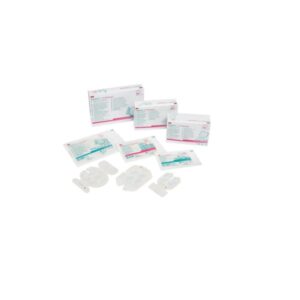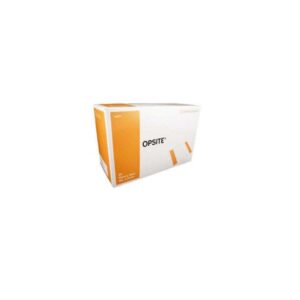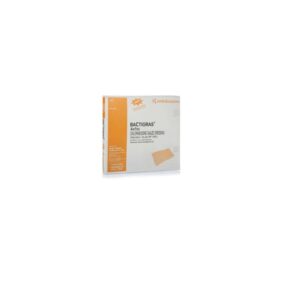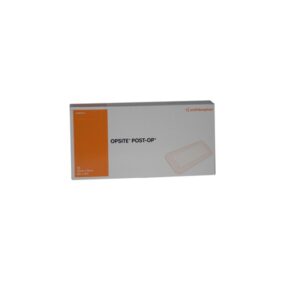Mytest One Step Malaria Antigen Test Kit
MPIN: MP83708
Sign in to view priceKitcontains4items
Storeat2-40degreeC
Forin-vitrodiagnosticuse
Ask for Quote
– The Mytest One Step Malaria Ag POCT Test Kit is intended for the detection of Malaria infection in human blood sample, indicating diagnosis of P.f HRP-II (Plasmodium falciparum, histidine-rich protein II)
– The malaria test kit is meant for in-vitro diagnostic use only
– Technical Specifications:
– High Sensitivity & Specificity (Specificity is more than 99%)
– Can detect as low as 50 parasites/ul
– Clear background
– No reverse migration & cross reactivity
– Kit contains:
– Malaria Ag Pf device individually foil pouch with a desiccant
– Assay Buffer Bottle
– Sample Applicator
– Package Insert
– Malaria is an intermittent and remittent fever caused by a protozoan parasite which invades the red blood cells and is transmitted by mosquitoes in many tropical and subtropical regions
– Generally, people get malaria by being bitten by an infective female Anopheles mosquito. Because the malaria parasite is found in red blood cells of an infected person, malaria can also be transmitted through blood transfusion, organ transplant, or the shared use of needles or syringes contaminated with blood.
– The different types of Malaria are:
– Plasmodium falciparum (or P. falciparum)
– Plasmodium malariae (or P. malariae)
– Plasmodium vivax (or P. vivax)
– Plasmodium ovale (or P. ovale)
– Plasmodium knowlesi (or P. knowlesi)
– The incubation period (time between being infected and when symptoms start) is of 7 to 18 days, depending on the specific parasite you’re infected with. However, in some of the cases it can take up to a year for symptoms to develop. The initial symptoms of malaria are flu-like and include: a high temperature (fever)
– Malaria disease can be categorized as uncomplicated or severe (complicated). In general, malaria is a curable disease if diagnosed and treated promptly and correctly. All the clinical symptoms associated with malaria are caused by the asexual erythrocytic or blood stage parasites.
– Treatment of malaria depends on the number of different factors that include disease severity, the particular species of Plasmodium infecting the patient and the potential for drug resistance of the various species and strains of Plasmodium. In general, it takes about two weeks of treatment to be cured of malaria.
Shipping Policy
Orders made at Medpick are initiated and processed for shipment upon receipt of request from the customer. Please note that our Shipping Services (Fee, Transportation, Loss or Damage of any shipment, etc.) are in accordance with the Seller\'s terms of Shipment.
Refund Policy
Please refer to Medpick Return Policy.
Cancellation / Return / Exchange Policy
Please refer to Medpick Return Policy.
 REGISTER
REGISTER
 SIGN IN
SIGN IN







